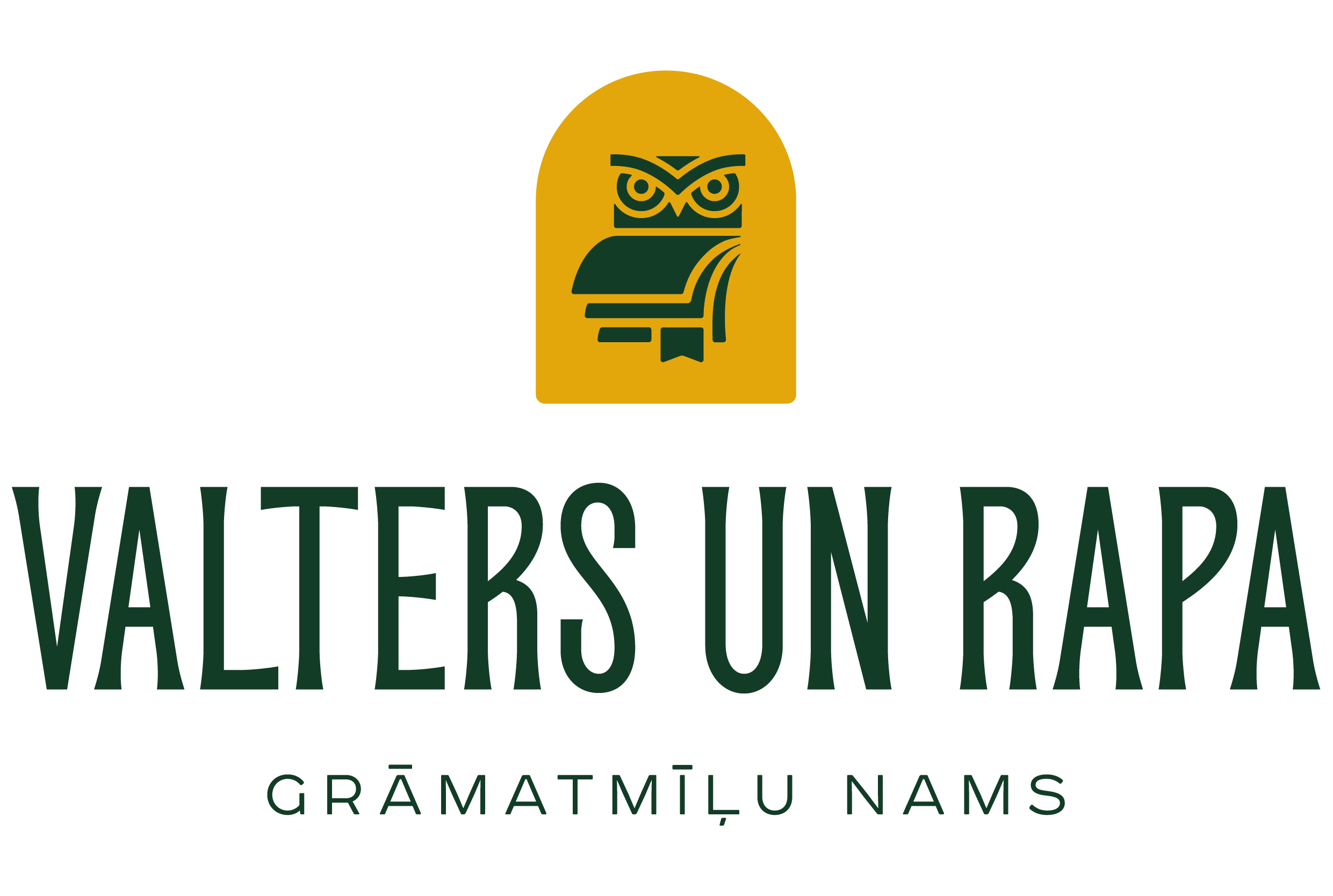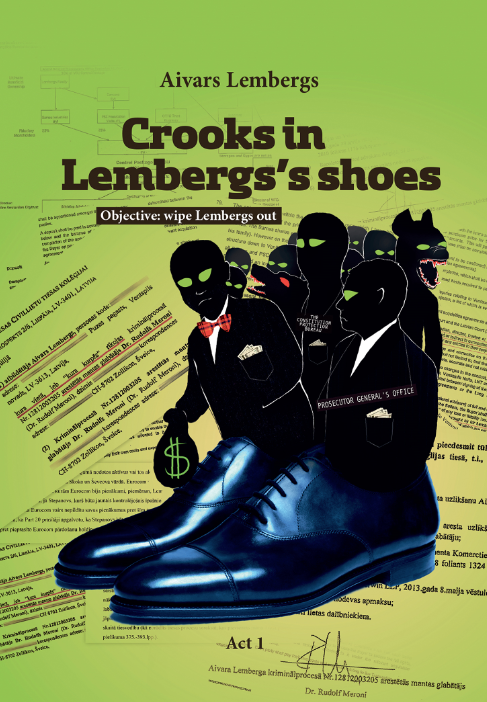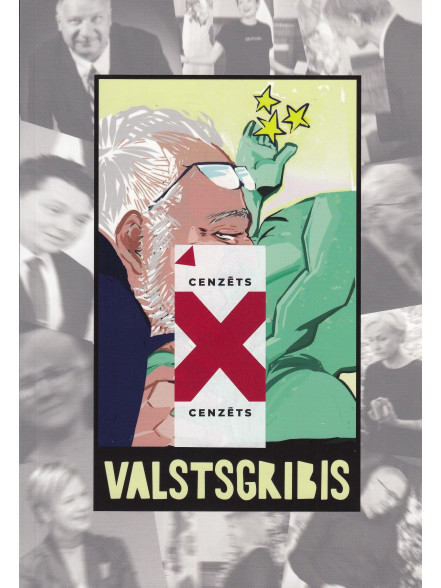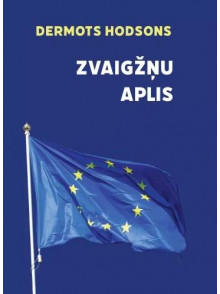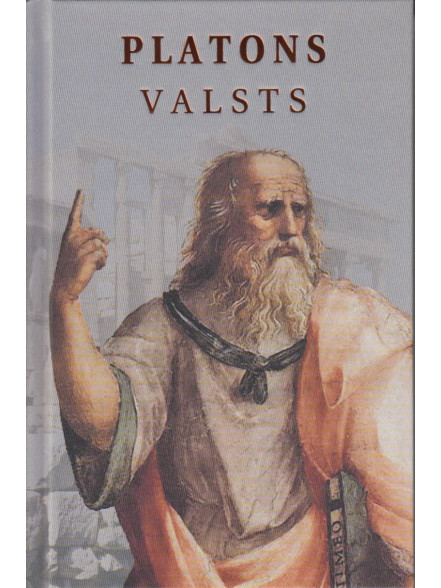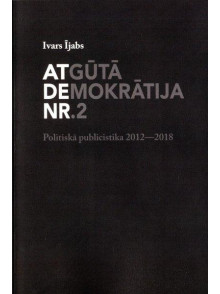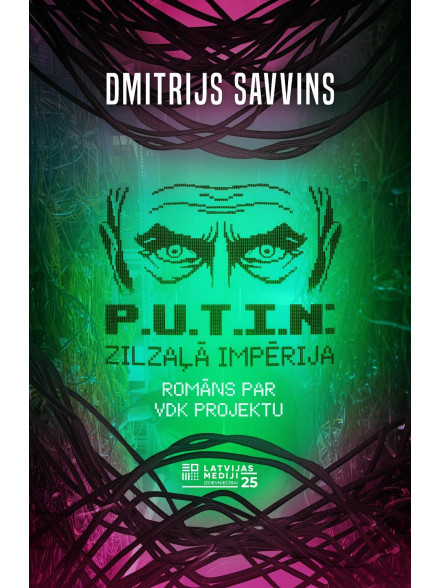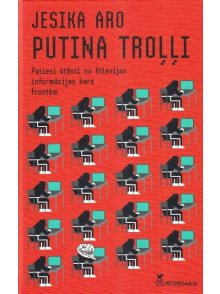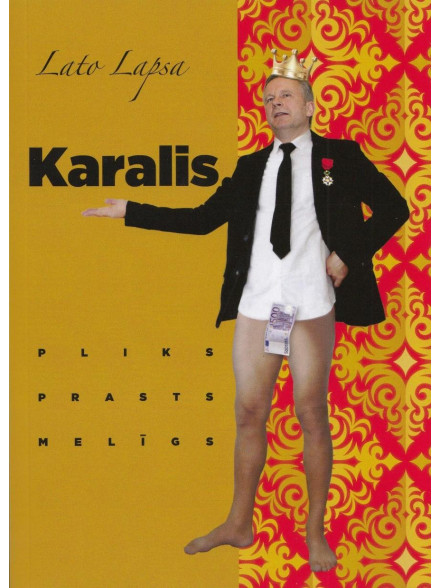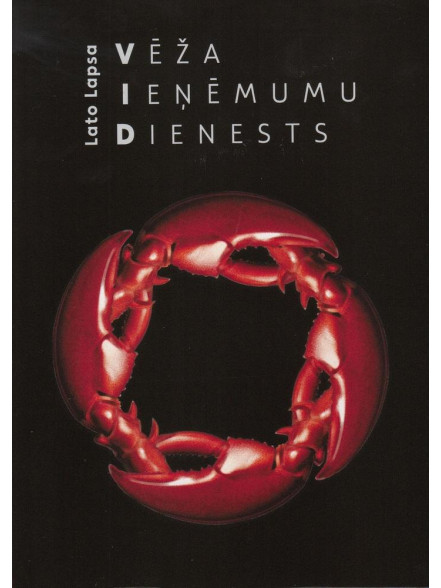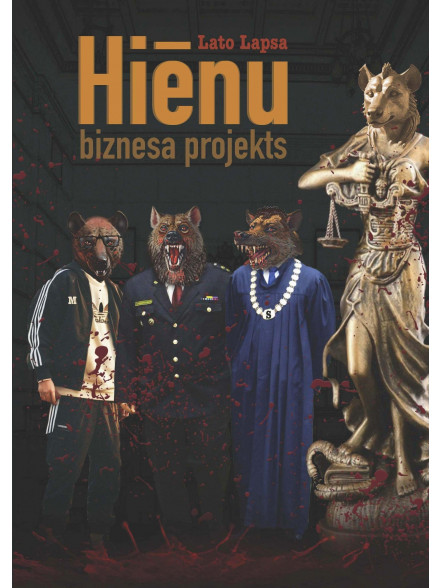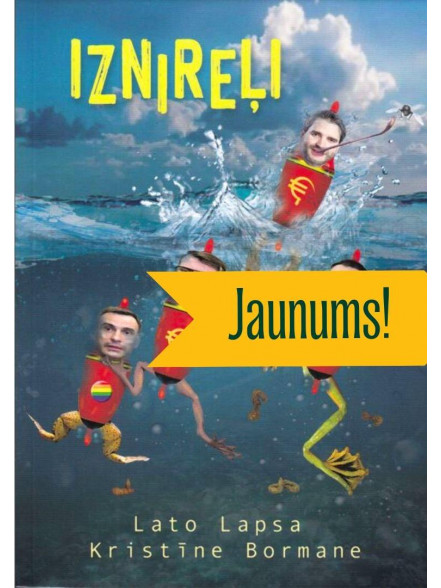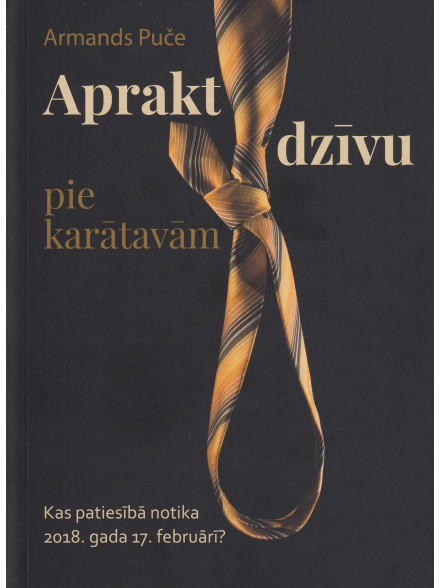Crooks in Lembergs`s shoes
Aivars Lembergs is one of Latvia’s most popular politicians – during the
past decade he has consistently ranked among the top three. His popularity is
intertwined with his leadership of the port city of Ventspils for nearly the past
30 years. Although born in the southern town of Jekabpils, it was in Ventspils
that Lembergs made his career after completing an economics degree at the
University of Latvia in 1977. The head of the city council since since 1989, Lembergs
was involved in Latvia’s drive to regain its independence and was among the lawmakers who
voted for breaking away from Moscow. Since 1994 he has been the head of the Latvia and Ventspils
party, which is associated with the current coalition of parties running the nation’s government.
Under the leadership of Aivars Lembergs the city of Ventspils has capitalised on its ice-free port
to become a major transit hub in the region. The transit business has driven the city’s economic
development and helped it attain one of the lowest unemployment rates in Latvia. The strong local
economy has allowed for the rebuilding of roads and buildings plus investment in social services
that makes Ventspils the envy of Latvia. Lembergs has contributed to the development of Ventspils
not only as its mayor, but as president of its development agency, executive director of its business
development association and the head of Latvia’s port association.
Another aspect of the enduring popularity of Aivars Lembergs has been his pragmatic approach
to the integration of Latvia’s Russian-speaking population. Language and citizenship have been
sensitive issues in Latvia’s early years, but the integration process has succeeded better in Ventspils
than elsewhere in the country.
Aivars Lembergs is also a tireless supporter of Latvia’s athletes, having long served on the nation’s
Olympic Committee. He is also the president of the Ventspils basketball club.
Aivars Lembergs was awarded in 2000 the Three Star Order (third class) – the first civilian order
created in Latvia after it gained independence in 1918. He has also been awarded the Commemorative
Medal for Participants of the Barricades of 1991 for those who took part in defending Latvia
against forces loyal to the Soviet Union during confrontations in 1991.
This book, by exploring what has happened to the assets
frozen as part of the prosecution of Aivars Lembergs,
gives readers a means to understand the
hydra of criminal investigations and cases
against one of Latvia’s best-known
businessmen and politicians.
After seventeen years of investigations and eight years in the courtroom there has still been no
conviction against the Ventspils mayor who has been a key promoter of the city and its transit businesses.
This book should be read by everyone interested in how the legal system can be used and
abused for political and private interests in order to eliminate a rival. In some ways it can serve as a
history of Latvia since it regained independence as the investigations into Lembergs began shortly
thereafter and continue to this day.
This book, based upon one of the court motions Lembergs filed to defend his rights, isn’t a justification
or a whitewash. It is a compilation of facts. Disturbing facts. Inconvenient facts. Facts which
make one wonder what is the real motive behind the criminal case against Lembergs
